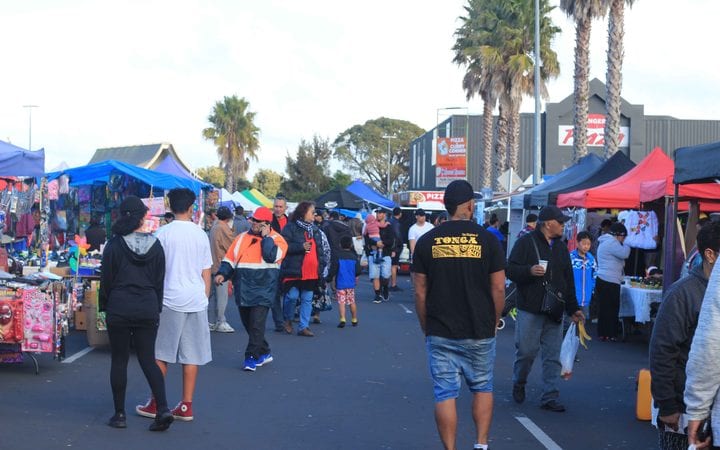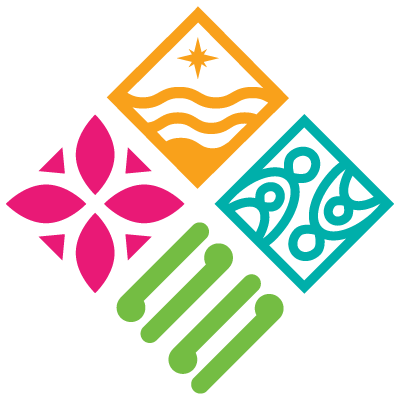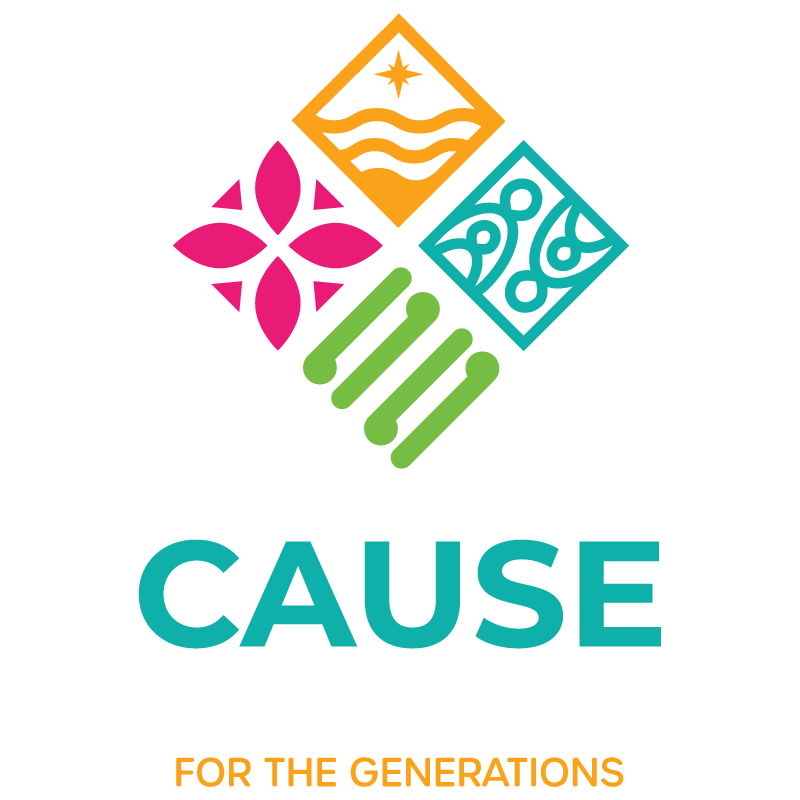
A new survey has found that more than half of all Pasifika and Māori South Auckland voters who were asked oppose the End of Life Choice Act referendum and believe that the legalisation of recreational cannabis will have a negative impact on the community. The survey results also found that housing, poverty, and employment are the key issues that matter most for South Aucklanders in this week’s General Election.
South Auckland voters were surveyed in the My Truth Movement: General Election 2020 survey, designed by The Cause Collective, a social change organisation focused on the wellbeing of Pacific peoples and South Auckland communities. The purpose of the survey was to understand the influences and preferences of South Auckland voters for the New Zealand General Election 2020 including the two referendums. 406 South Auckland voters, majority being Pasifika and Māori, completed the survey which was conducted from Thursday 1 October to Thursday 8 October.
Rachel Enosa, Chief Executive, says the My Truth Movement: General Election survey amplifies the voice of Pasifika and Māori South Auckland voters to be part of the election discussions at a time when there is little attention to the issues and concerns of some of the most disadvantaged communities in New Zealand.
“The My Truth Movement: General Election survey is an opportunity for Pasifika and Māori South Aucklanders to speak their truth about the issues and concerns that impact our communities. The survey is one way to provide real time data, as well as lived experiences and insights from a South Auckland viewpoint. It’s vital that our community makes its collective voice heard to political parties so they can help create opportunities for meaningful change which is inclusive of every individual, family and community.”
“The survey results found that the Māori and Pasifika surveyed mostly opposed the two referendums and believed the impact of the Covid-19 pandemic would continue to have a ripple effect across South Auckland. Large numbers of voters are concerned about housing, the increasing level of poverty and job security in this uncertain economic climate,” she says.
“The My Truth Movement survey shows that the influences and voting preferences of Pasifika and Māori South Aucklanders is different to mainstream New Zealand. We are determined to ensure that the viewpoints of our community are heard without being diluted by mainstream views which typically occurs in national polling and surveys,” says Ms Enosa.
The survey found most of respondents believed that should recreational cannabis become legal it would have a negative impact on the Māori and Pacific South Auckland community:
● 72% (say it would have a negative impact) from a child and youth wellbeing viewpoint.
● 53% from a crime viewpoint.
● 46% from a health viewpoint.
● 44% from an economic viewpoint.
On the other hand, only 11% say that it will have a positive impact on the wellbeing of child and youth should recreational cannabis become legal, with 29% (health viewpoint), 27% (crime viewpoint) and 32% (economic viewpoint), in support.
Significantly, 70% of all Pasifika and Māori South Auckland voters surveyed do not support the End of Life Choice Act referendum compared to 30% who said they will support it, with 24% still undecided. The most influential factors for opposition to the End of Life Choice Act referendum are human rights (48%) and faith-based viewpoints (44%).
In a recent survey of nearly 1,500 Kiwis, there was a 52% majority of support for the Cannabis Legalisation and Control Bill, while 47% did not support it. Whereas over the past seven years, public support on the end of life choice has never been below 63%. When the End of Life Choice Bill was passed in parliament in November 2019, support was at 70%, the no vote at 30%.
South Auckland Youth
As part of the My Truth Movement: General Election 2020, The Cause Collective in partnership with Community Action on Youth and Drugs (CAYAD) facilitated a focus group talanoa (discussion) to inform and then discuss the cannabis referendum with Māori and Pasifika South Auckland young people (18 – 24-year olds) and the upcoming 2020 elections.
Three key themes emerged from the focus group talanoa including the impact of the legislation on personal wellbeing, as well as on gangs, crimes and social justice and South Auckland whānau and communities. At an individual level, cannabis legalisation appeared to be relatively more positive and acceptable. However, when reflecting on the potential impact on whānau and community, genuine concerns were voiced that the legalisation of recreational cannabis could have negative consequences for South Auckland.
“Māori and Pasifika South Auckland young people are conflicted between their personal choice and the impact on the community in relation to the cannabis referendum. Young people are likely to support recreational use of cannabis as they support an individual’s right of choice, but they also believe it will have a negative impact on gangs and crimes as well as whānau and community,” says Youth Systems Innovator, Chillion Sanerivi.
“There is also a general lack of education around the cannabis referendum as many refer to the medicinal benefits of cannabis, which is already legal. Government agencies need to do a better job of educating people about this referendum as it’s likely to have a significant impact on the most disadvantaged communities. The South Auckland youth vote is an important one, as they can have a significant influence on the outcome of the cannabis referendum which is likely to be a close one,” he says.
The latest New Zealand Research poll says that young voters will be key to deciding whether there is a ‘yes’ vote for the cannabis referendum. Those most in favour are at the younger end of the voting age spectrum, those not in favour are at the older end.
Other Information from the My Truth Movement: General Election 2020
● Approximately 93% of respondents have registered to vote in the upcoming election ● Approximately 97% of respondents intend to vote in the upcoming election ● 90% of the respondents are aged between 18 and 55 years old.

